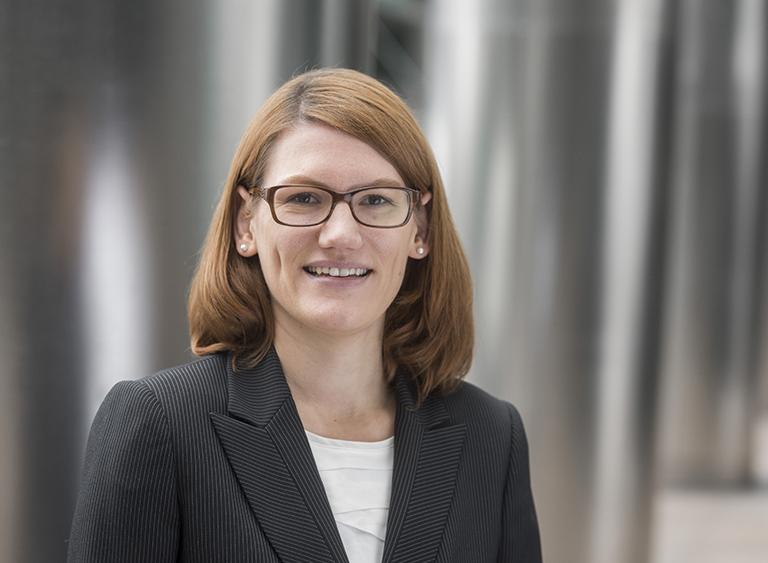Verena Krause

Biography
Verena Krause is an Assistant Professor (Lecturer) at the UCL School of Management, in the Organizations and Innovation group. She earned her B.A. in Psychology from Boston University and her M.S. and Ph.D. in Organizational Behavior from the School of Industrial and Labor Relations at Cornell University.
Verena researches the conditions necessary for employees to be
creative, as well as the expected and unexpected consequences of
engaging in creative work. Her research has been published in the
Journal of Experimental Social Psychology, Research in Organizational Behavior, and Organizational Behavior and Human Decision Processes. Verena is a member of the Academy of Management and the Society for Personality and Social Psychology.
Research
Verena Krause researches the antecedents and consequences of creativity. Creativity involves the generation of new and
appropriate problem solutions—an effort that is becoming increasingly important
as the business environment continues to change rapidly and become more
competitive. Accordingly, in Verena’s first stream of research, she investigates antecedents
to creative performance. In her dissertation research, she found that
creative solutions are most likely to emerge when individuals retain their own,
unique point of view, rather than attempt to adopt the perspective of another
individual. She shows that people come up with less original solutions when they
attempt to take the perspective of another person because doing so triggers a cooperative
mindset.
In a second stream of research, Verena turns the tables to think about creativity not only as a dependent variable, but also as an independent variable that might have sweeping consequences for a wide range of psychological, interpersonal, and behavioral outcomes at work. For example, she shows that the opportunity to do creative work might actually feel liberating and serve as an important outlet that mitigates psychological burdens.